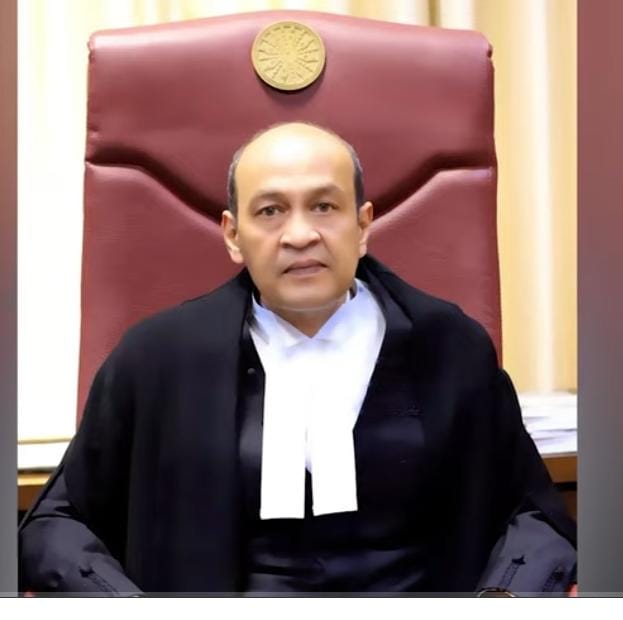
NEW DELHI: Ahead of his removal through impeachment in the Rajya Sabha in coming monsoon session from Monday, Allahabad High Court judge Yashwant Varma Approaches Supreme Court Challenging In-House Inquiry Report On Cash-at-Home Row.
In a writ petition, he has challenged the inquiry that indicted him for cash found at his residence in Delhi when he was a judge of Delhi High Court.
He has also challenged the recommendation made by the former Chief Justice of India Sanjiv Khanna to the President and the Prime Minister to initiate impeachment proceedings against him.
This is an unprecedented development where a sitting judge has approached the Supreme Court seeking to quash an inquiry report against him. The writ petition was filed on July 17 afternoon. The Union of India and the Supreme Court of India are the respondents.
Justice Varma argues that the in-house inquiry committee made the findings without giving him a fair opportunity to respond. He alleged that the committee proceeded in a pre-determined fashion and even without finding any concrete evidence, merely drew adverse inferences against him after reversing the burden of proof.
“The Committee failed to notify the Petitioner of its devised procedure, denied him any opportunity to provide inputs on the evidence to be collected, examined witnesses in his absence and provided him with paraphrased statements instead of video recordings (despite availability), selectively disclosed only “incriminating” material, ignored and failed to collect relevant and exculpatory evidence like CCTV footage (despite Petitioner’s requests), denied opportunities of personal hearing, did not put any specific/tentative case to the Petitioner, impermissibly reversed the burden of proof without notice to the Petitioner, and effectively hindered any effective defence by the Petitioner,” the petition stated.
The issue relates to the accidental discovery of a huge pile of currency notes at an outhouse of the official residence of Justice Varma, then a judge of the Delhi High Court, during a fire-fighting operation on March 14. After the discovery led to a huge public controversy, the then CJI Sanjiv Khanna constituted an in-house inquiry committee of three judges- Justice Sheel Nagu (then Chief Justice of Punjab & Haryana High Court), Justice GS Sandhawalia (then Chief Justice of Himachal Pradesh High Court), and Justice Anu Sivaraman (Judge, Karnataka High Court).
Justice Varma was repatriated to the Allahabad High Court and judicial work was withdrawn from him pending the inquiry. The committee submitted its report to CJI Khanna in May, which the CJI forwarded to the President and the Prime Minister for further action, after Justice Varma refused to heed the CJI’s advice to resign.
The 3-judge in-house inquiry committee termed Justice Varma’s conduct after the fire incident on March 14 – which led to the discovery of the currency notes – unnatural, leading to certain adverse inferences against him. After examining 55 witnesses, including Justice Varma and his daughter, and electronic evidence in the form of videos and photographs taken by the members of the fire brigade, the committee held that cash was found in his official premises.
Finding that the storeroom was within the “covert or active control of Justice Varma and his family members”, the committee held that the burden was upon him to explain the presence of cash. Since the judge could not discharge his burden by offering a plausible explanation, except giving a “flat denial or a bald plea of conspiracy”, the committee found sufficient grounds to propose action against him.





